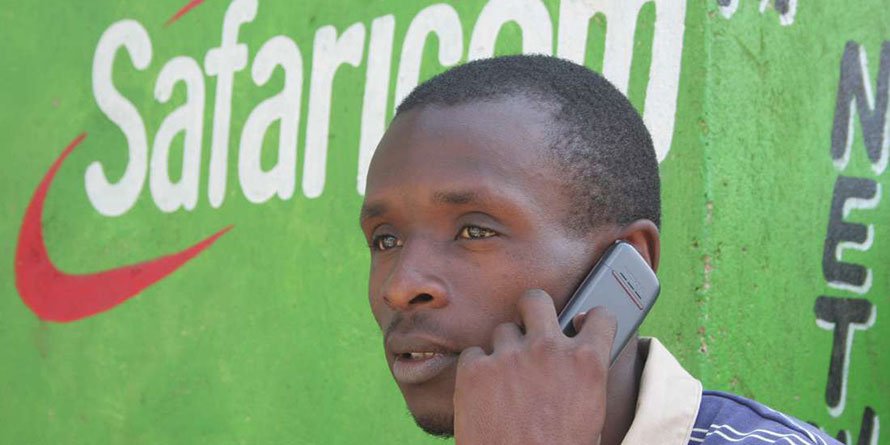Telecommunications infrastructure firm Atlas Tower Kenya is investing $48.9 million (Sh5.4 billion) to install 4G towers, targeting mobile network operators Safaricom, Airtel Kenya and Telkom Kenya.
The telcos are in a race to cover most of the country with the fourth generation (4G) broadband cellular technology to attract and retain subscribers using smartphones.
Atlas, owned by Kalahari Capital LLC and Adrian Group Limited, will fund part of the investment using loans from the International Finance Corporation (IFC).
“The total project cost is estimated at $48.9 million (Sh5.4 billion) of which IFC will provide $14 million (Sh1.5 billion) on its own account,” the international financier said in its investment disclosures.
“IFC will mobilise $11 million (Sh1.2 billion) as a loan provided under IFC’s Managed Co-Lending Portfolio Program. Both investments will be in the form of a senior secured loan. The balance will be provided through equity and internally generated funds.”
Mobile network operators are increasingly moving to lease towers from independent providers who can serve multiple clients, allowing the telcos to cut costs and focus on acquiring and serving subscribers with various services.
The Kenyan mobile network operators started building their own towers and other infrastructure, a strategy that has seen each firm spend billions of shillings annually on upgrade and maintenance.
The telcos are now seeking to share infrastructure built by independent parties, helping to cut their capital expenditure.
Safaricom, the market leader which has invested the most in building its own infrastructure, last year announced it was looking to lease towers from other parties.
“To this end, Safaricom intends to engage services of reputable suppliers for the provision of telecommunication towers for its network. The intention is to engage the suppliers in the deployment of new Safaricom towers sites,” the company said in an expression of interest (EOI) dated September 1, 2020.
Telkom Kenya has also sold some of its towers in recent years, signalling the shift to shared infrastructure.
